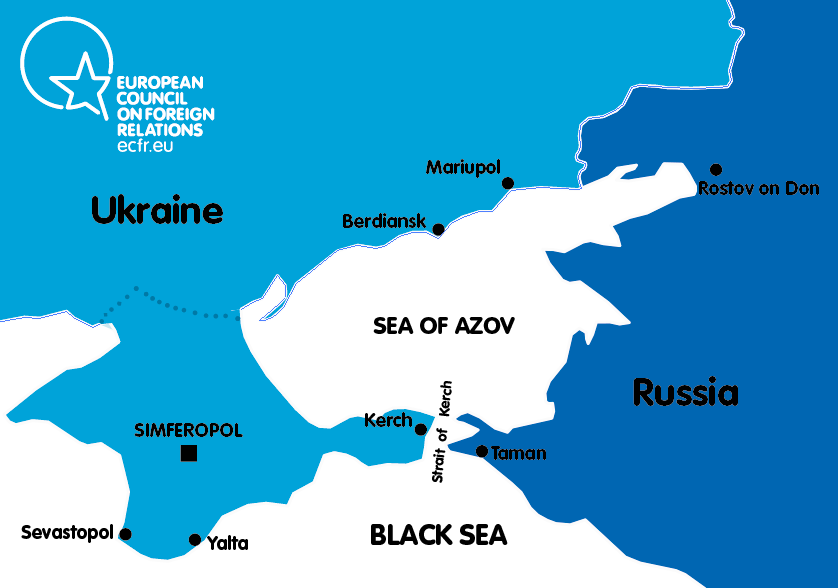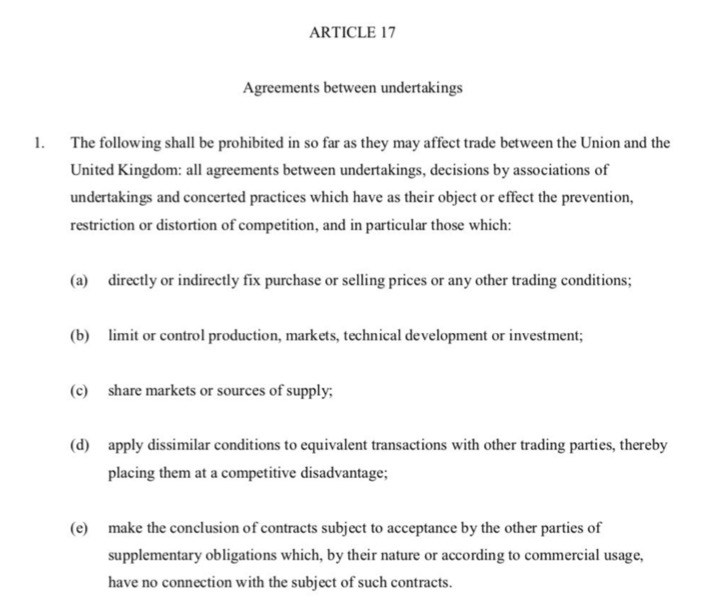One of the great problems with our society, is human nature, as created by this particular society.
To whit: It is enjoyable for most people to force other people to do what they want.
We often pretend this isn’t so, but seeing a human do what you want usually gives rise to pleasant feelings. The forcing can be subtle, using deceit and manipulation. It can be overt, using threats. And it can be through the actual use of force.
It can also be legal or illegal. We all know, I trust, that many police enjoy forcing people to do what they tell them to. Politicians enjoy their power. Bosses enjoy making employees jump, they get off on it.
And people who are forced to do things resent it. When I was growing up, it was assumed that it was high-level, type “A” executives who had the most likelihood of heart attacks. Then the British civil service decided to find out if this was true and commissioned a massive study.
To the contrary, it turned out that those with health problems and heart attacks were lower on the totem pole. The key factor was how much control they had: Those who were ordered around constantly, or were in precarious situations, were the most likely to have health problems.
So the problem is that people don’t want to be forced to do stuff they wouldn’t otherwise do, but that people enjoy forcing other people to do what they don’t want to do, and that our society is caught in this trap.
We take this as being human nature, but it isn’t. Or, not exactly. It is human nature as expressed in our sort of society. In band-level societies, you don’t see this. Even in tribal “big man” societies there is little of it, because even the big men have limited power (and can’t pass it to their children).
How much of it there is also varies even between our own societies, and over time in our societies. I remember a time, in the 80s, when bosses had a lot less ability to force their will on low-level employees. I recall being reamed out once by a boss, and I laughed at him. “Fire me if you want. I’ll have a new job in two weeks.”
In capitalist societies, tight job markets mitigate against a lot of boss-abuse. In societies where people have the ability to provide their own livelihood, a lot of that type of abuse is not present. (There are other types of abuse, however, if the societies are stratified.)
But the bottom line is that power feels enjoyable, and not having power feels awful, so the majority of the population is scrambling to be shitting down more than they are being shat on.
Unfortunately, in a relatively hierarchical, stratified society, which ours still is (there aren’t that many chairs for senior executives), this means a majority of the population is being shoved around quite a lot.
And what is done to people they tend to do to other people.
This is an endemic problem in our form of society, especially boss-abuse (and for the chronic poor, social worker and cop abuse, which are very real). It is baked into our sort of society: There may be more or less in various societies, and at various times, but it’s always somewhat with us.
If we want genuinely good societies, which produce genuinely healthy people (both physically and psychologically), we need to figure out a way to run our society which involves much less coercion and precarity. The whip of hunger, the fear of losing one’s job and with it any life worth having, are the ruling fears of our time, and they produce real and genuine illnesses.
The results of the work I do, like this article, are free, but food isn’t, so if you value my work, please DONATE or SUBSCRIBE.



